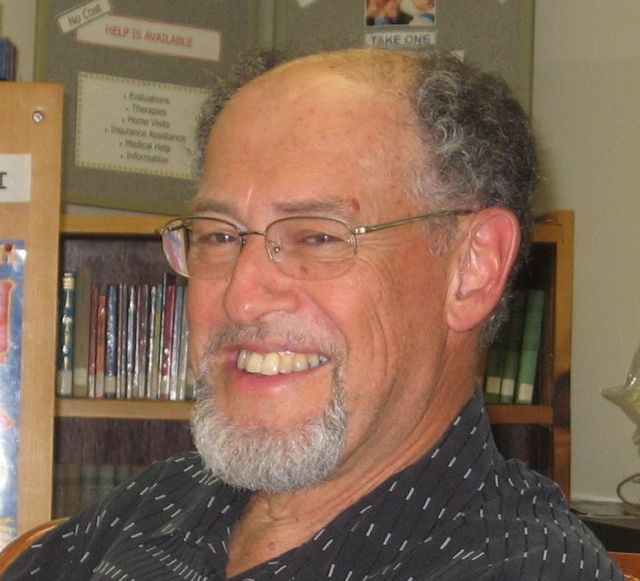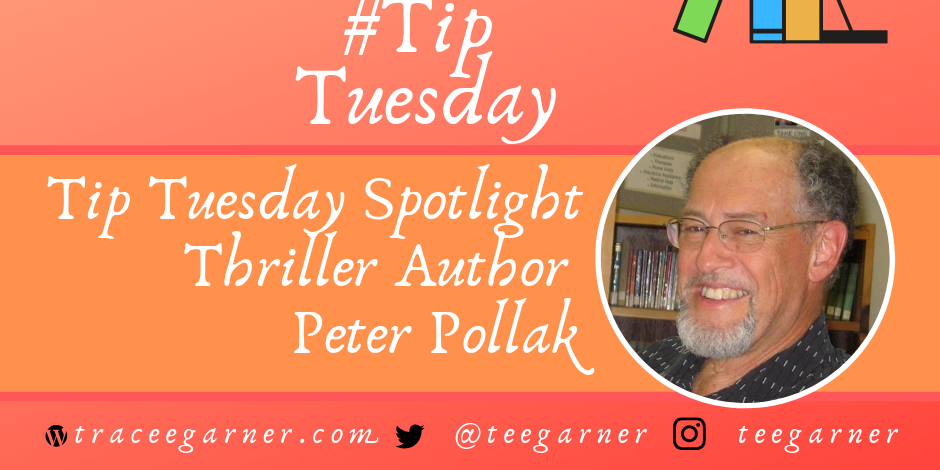Hey Everyone,
This 2019, another feature I wanted to add to my brand new site is Tip Tuesday. Whether marketing, writing craft, publishing or just about anything, we find success in this creative-life through the little nuggets aka tips, that we share with one another. So up this week, Peter G. Pollak, a thriller author will talk briefly (remember, it’s a tip) about Knowing Your Characters. He returns next week with another tip so be sure to check him out.
Know Your Characters
How well do you know your protagonist and other major characters before you start your short story or novel? In the past, I st ruggled with creating protagonists with deep, complex personalities. I tended to let the plot take the characters where I wanted them to go, but in real life, people can only go where their history and personality allow them to go. To create fictional characters that readers can empathize with, I’ve learned a technique that matches my genre and writing style.
ruggled with creating protagonists with deep, complex personalities. I tended to let the plot take the characters where I wanted them to go, but in real life, people can only go where their history and personality allow them to go. To create fictional characters that readers can empathize with, I’ve learned a technique that matches my genre and writing style.
Early on, before I’ve gone far with my story, I write emotional biographies of all of primary characters. To start, I recommend you know these basic facts about your characters:
When and where they were born
The backgrounds of their parents, siblings and/or significant Extended family members
Their education and career development if applicable, and
What their lives are like when the story begins.
That information is useful, but it is not enough.
SCI/FI great Kate Wilhelm has stated that children by age 10 have experienced all the primary human emotions––fear, loss, love, hatred, awe, envy, jealousy, anger, pride and even betrayal. Most of us have tamped down our childhood experiences, but some may have been significant enough to have a lasting impact on one’s adult personality.
Each of us is inclined to react to events in ways that reflect our past. Thus, when creating a central character, I need to know the primary emotional experiences of that person’s life prior to the start of my story.
In my novel Missing, my protagonist’s mother threw her father out of the house when Sally was nine. Sally blamed her mother for her father’s absence and as a result they fought a lot. As an adult, Sally is quick to anger at perceived instances of injustice to children. That’s one of the factors that led her to become a private investigator specializing in cases involving children, but it’s also a problem because her anger can come out at inopportune moments. She’s also hesitant to forming a deep relationship with a man. Knowing those aspects of Sally’s past, I can create a character who is more interesting to readers as opposed to one whose reactions are predictable and stereotypical.
Lee Child, author of 23 Jack Reacher novels, cast his character’s personality in stone before he started writing. He wanted to create a character that he enjoyed reading about—one who would “stand strong and unafraid, never back off, never back down, and come up with the smart replies.” (2012 Introduction to Killing Floor). That accomplished, he was able to invent out-sized challenges to match his protagonist’s personality.
Some writers approach character depth a different way. They learn about their characters as they write. This is not easy. It takes practice. Expect to spend time re-writing scenes as you find your character doesn’t want to behave the way you want her or him to do.
Either way the deeper you develop each of your main characters—your protagonist and antagonist at minimum––the more appeal your story will have to readers.
Choose the approach that works best for you, but be conscious that how you develop your main characters is a decision you should make before you start. Getting half way through your story and deciding you need to change is not a pleasant experience.
ABOUT PETER POLLAK
The son of Holocaust refugees, Peter G. Pollak focused on writing novels after retiring from careers as a journalist, educator and entrepreneur. He’s the author of six indie-published thrillers and a pamphlet entitled “10 Things You Need to Know to Write a Novel.” He lives in Howard County, Maryland and is active in the Maryland Writers Association.







